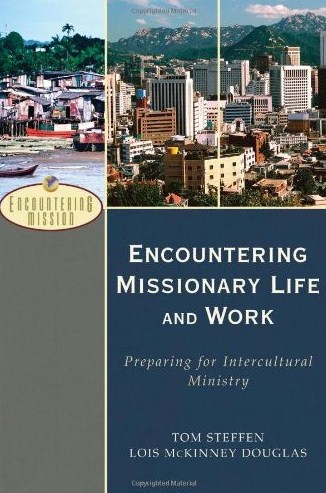Perpetuating Falsehoods in the History of Mission


I’m currently reading this book which is meant as an introduction to cross-cultural ministry for aspiring missionaries. I’m not all that impressed with it. For one thing, it perpetuates the old myth that the Reformation had nothing (or little) to do with mission. One of the reasons for this is that “Calvin maintained that it was God’s, not people’s, duty to reach the lost (election)” (125). There are no footnotes or endnotes to support this. It supposedly comes from Kenneth Scott Latourette. Wherever it comes from, it’s just not so. My article on John Calvin and mission can be found here.
This reminds me of another myth, the one about William Carey. John Ryland allegedly said to a young William Carey in 1786: “Young man, sit down; when God pleases to convert the heathen, he will do so without your aid or mine.” Missionary zeal was to be crushed with Calvinistic doctrine! I discussed this in a footnote in my dissertation. Here’s the footnote in full:
“The popular story is repudiated by Ryland’s son, John Ryland, Junior, who was Carey’s close friend and a fellow member of the Northampton Association, being assistant minister at his father’s church at the time when the incident was supposed to have happened. ‘I never heard of it till I saw it in print, and cannot give credit to it at all.’ Among the reasons he gives for rejecting its authenticity it is interesting to note that he says, ‘No man prayed and preached about the latter-day glory more than my father.’” Iain Murray, The Puritan Hope: Revival and the Interpretation of Prophecy (London: Banner of Truth Trust, 1971), 280. Murray cites as source John Ryland, Life of Andrew Fuller (1816), 175. For further confirmation, see W. A. Jarrel, Baptist Church Perpetuity: Or the Continuous Existence of Baptist Churches (Dallas, 1894), 417. Jarrel quotes Ryland’s son as insisting that his father was not even present at the Northampton meeting.
Old myths die hard, also in the history of mission.


